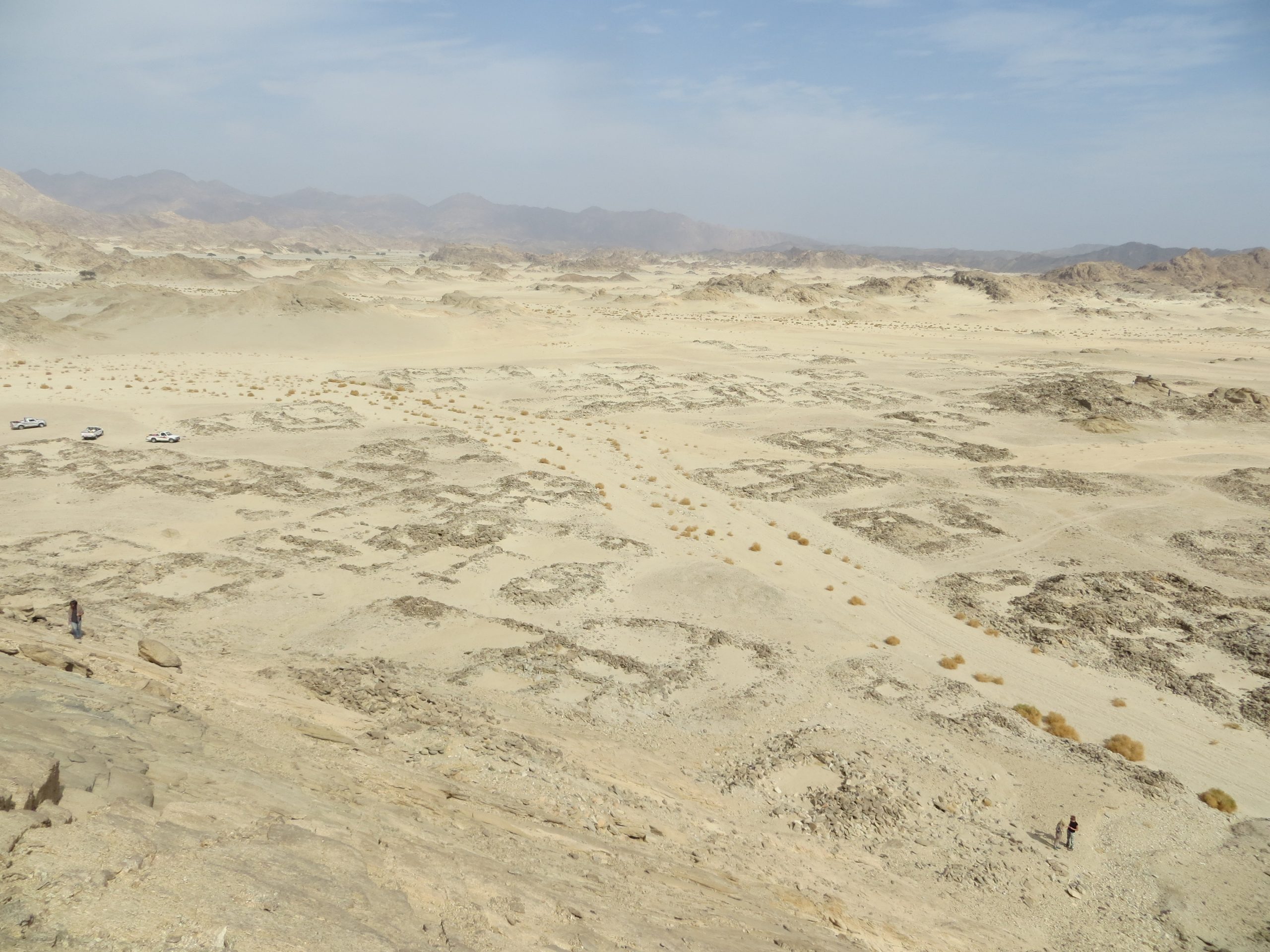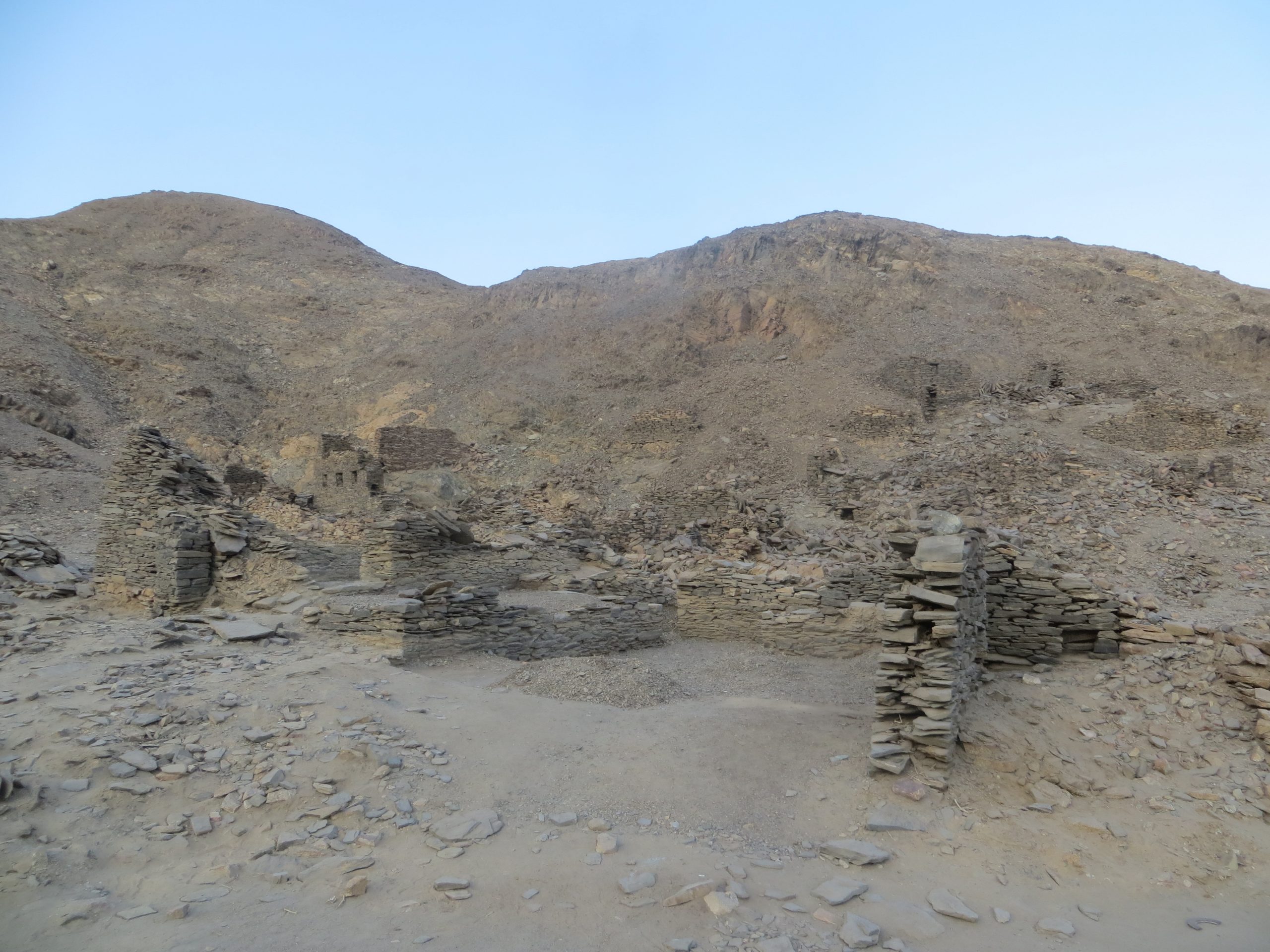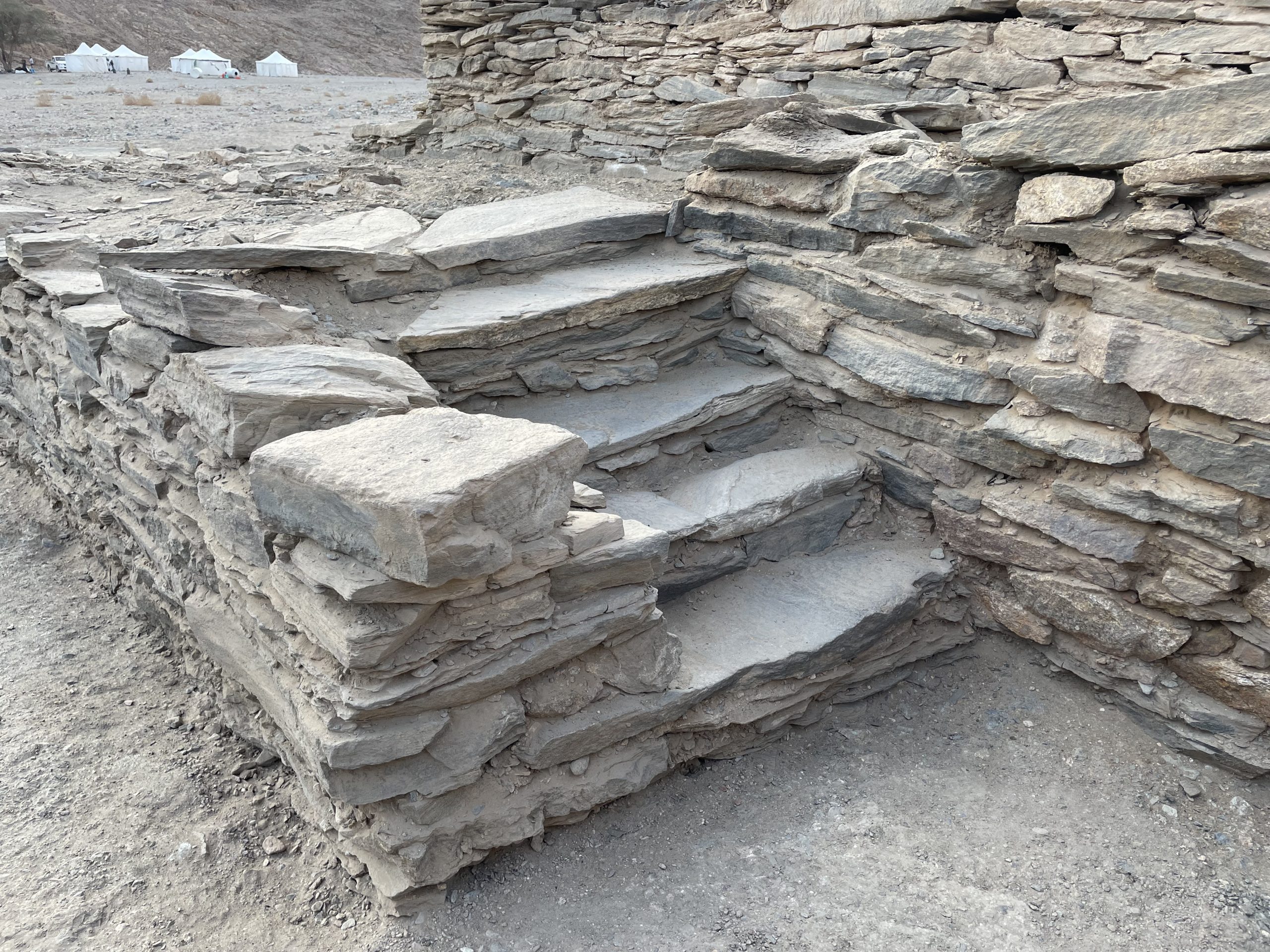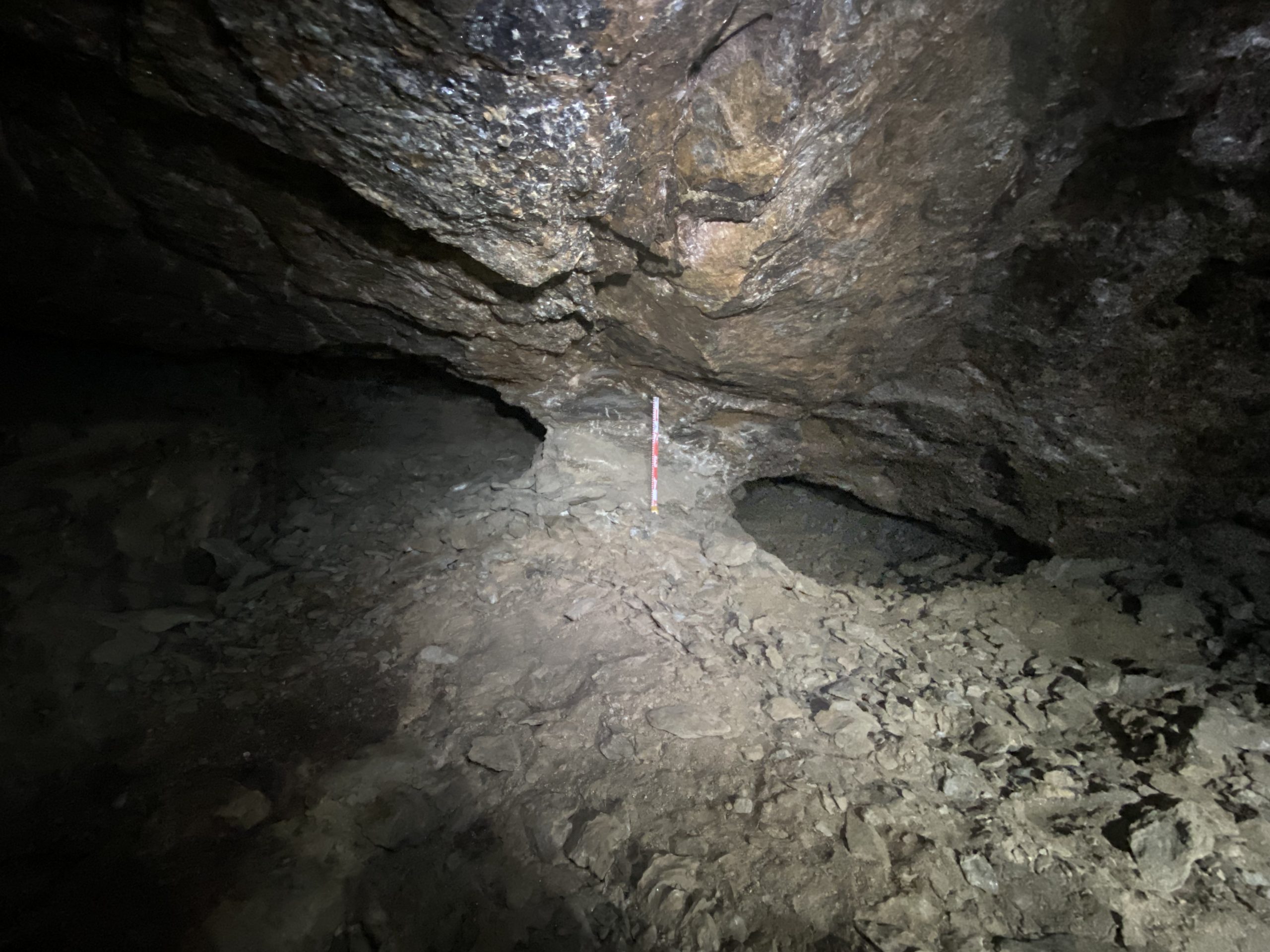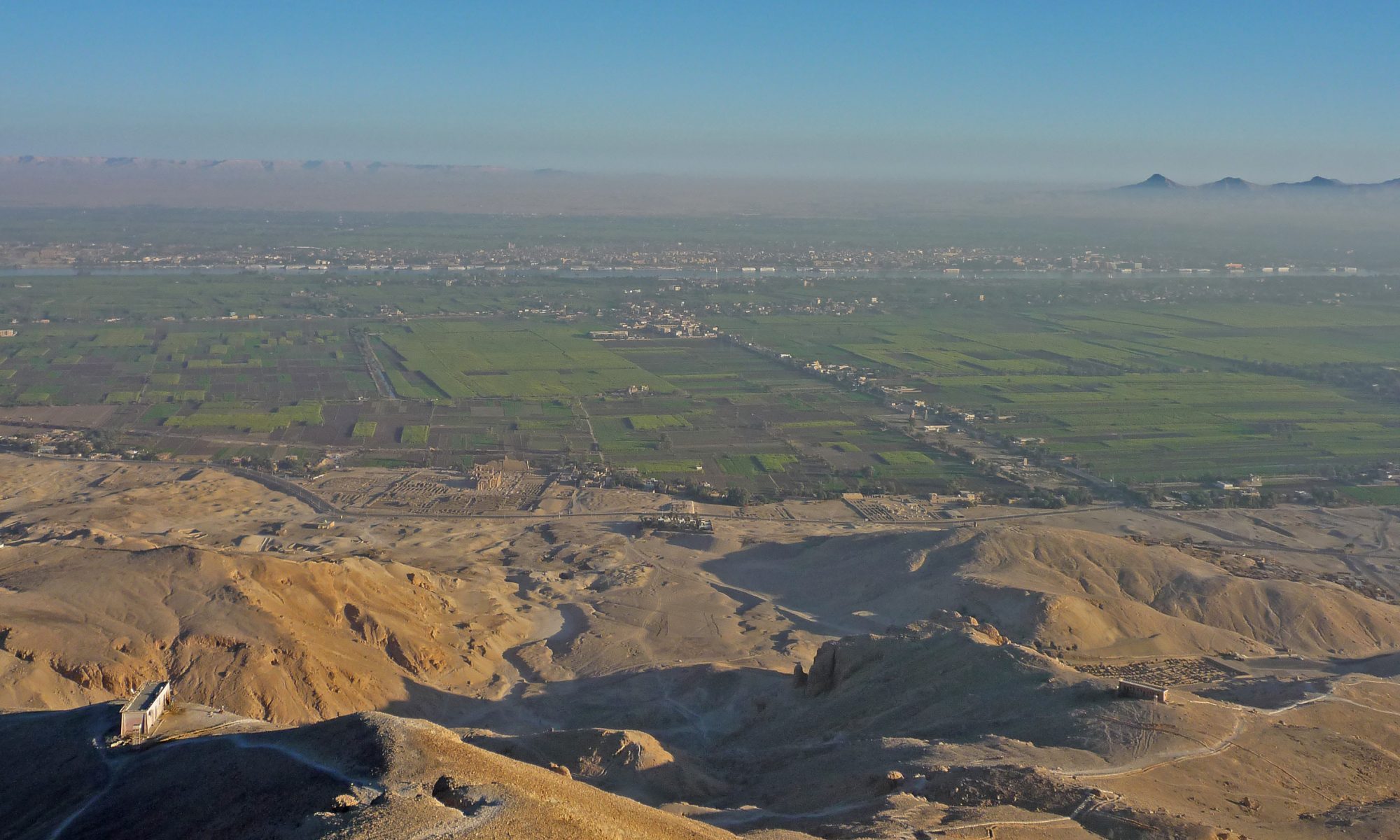The Sikait Project is a joint Spanish-Polish mission working in the Egyptian Eastern Desert since 2018. Its primary goal is to get a better understanding about the processes of extraction and commercialization of emeralds in Antiquity, focusing on the study of the Wadi el Gemal National Park, a region known in Roman times as the “Smaragdos”. During the 2023 season, important advances were made regarding this subject. Basically, the main work was conducted in the most relevant site of the emerald mining region: Sikait. There, the team excavated one of the major complexes of the site, the so-called Advanced Building. It is one of the largest buildings documented in Sikait and two trenches were dug into it. The results showed an impressive space dedicated to some productive activities probably related to a rich owner of the latest phase of the site (4th to 5th c. AD). This can be stated thanks to the amazing lot of materials recovered from the building.
A second area of intervention was the emerald mines of the Wadi Sikait. There, the team continued to advance with the documentation of the underground structures, especially in the so-called “Sikait Mining Zone G”, so far, the most extensive of the mining areas of Wadi Sikait. Over 150 mines have been identified there, with the presence of some huge underground complexes, with tens of shaft and galleries. Relevant finds were done in this area, including camps, sanctuaries, pathways, warehouses, tools, etc. Especially interesting is the increasing number of evidence related to the miners’ religious practices, including some unparalleled elements, such as mining carvings depicting miners and divinities.
Finally, the last aspect of the season was the topography of two other important sites in the Smaragdos (Geli and Kab Marfu’a) and the survey of their surroundings. The relevance of this area has been confirmed with the documentation of over 700 structures, including the discovery of previously unknown sites (Geli West) or the identification of over 500 tombs in this zone.
